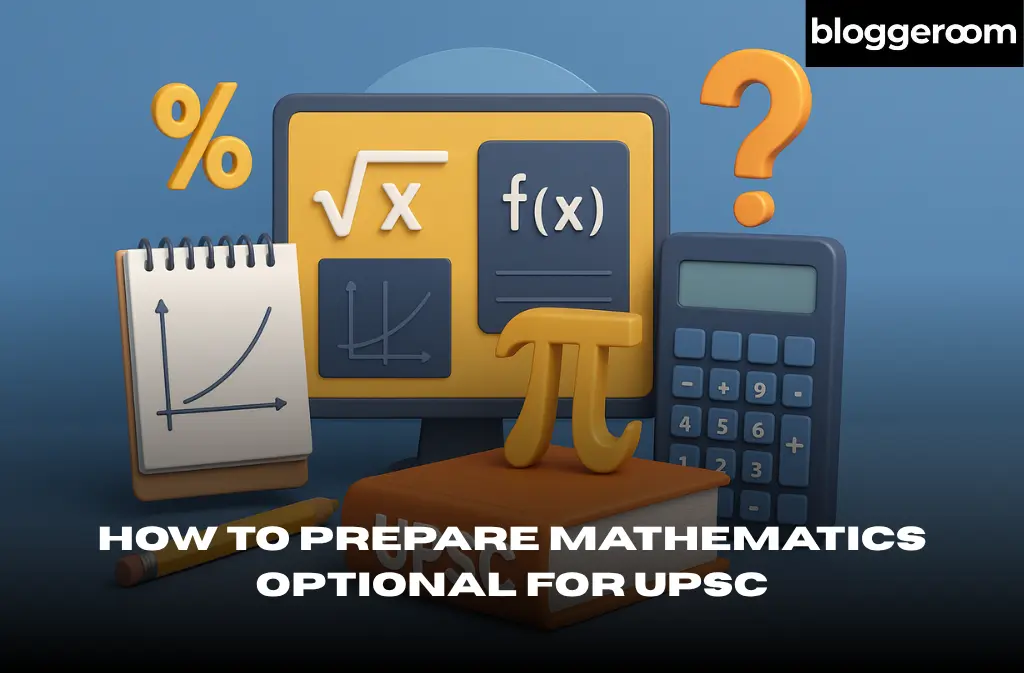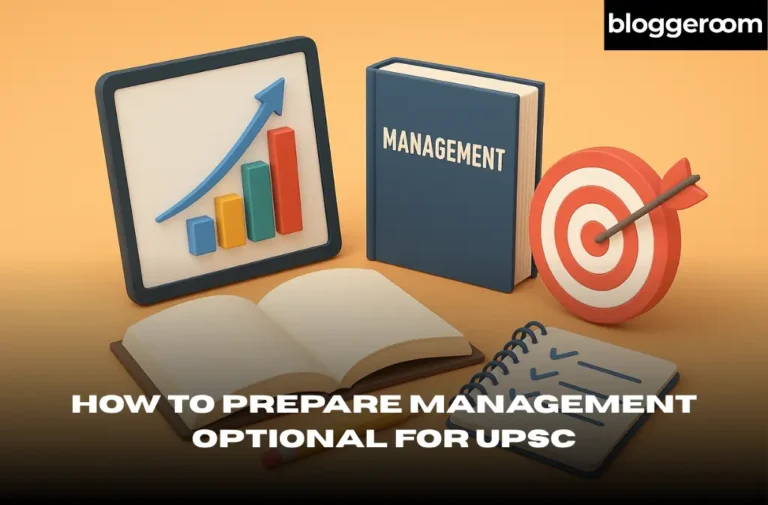How to Prepare Mathematics Optional for UPSC
If you’re thinking about choosing Mathematics as your optional subject for the UPSC Civil Services Examination, you’ve picked one of the most rewarding yet demanding options. Mathematics has always been known as a high-scoring subject with clear-cut answers, minimal subjectivity, and a well-defined syllabus. But to convert this advantage into marks, you need the right strategy, consistent practice, and smart time management.
Why Choose Mathematics Optional?
Unlike humanities subjects where answers can be open to interpretation, Mathematics rewards accuracy. The evaluation is straightforward – either your answer is right or it isn’t. Candidates with an engineering or science background often find the syllabus familiar, making it easier to grasp advanced topics.
Moreover, Mathematics has shown stable scoring trends over the years. With conceptual clarity and ample practice, many aspirants score 280+ marks – a score that can significantly boost your final rank.
Understanding the Syllabus & Exam Pattern
The UPSC Mathematics syllabus is detailed yet predictable. It is divided into Paper I and Paper II, covering areas like:
- Linear Algebra and Calculus
- Analytical Geometry & Differential Equations
- Real and Complex Analysis
- Vector Analysis, Dynamics, Statics, and Fluid Mechanics
- Modern Algebra and Numerical Analysis
Before starting preparation, download the UPSC Mathematics Optional Syllabus PDF from the official website. Create a topic-wise tracker to mark your progress and identify overlapping areas between both papers.
Three-Month Study Roadmap
Here’s a simple 90-day preparation framework:
Month 1 – Build the Base
- Revise fundamental concepts and formulas.
- Study standard books like Kreyszig, Thomas & Finney, or Shanti Narayan.
- Make concise notes for every topic.
Month 2 – Strengthen Application
- Solve previous year papers (at least 10 years).
- Join an online or offline test series for topic-wise practice.
- Learn the art of time management – 180 minutes = 250 marks.
Month 3 – Final Polishing
- Attempt full-length papers in exam conditions.
- Maintain a formula sheet and quick-revision notebook.
- Revisit weak areas instead of chasing new topics.
Best Books & Resources for UPSC Mathematics Optional
- Linear Algebra: Shanti Narayan, Hoffman & Kunze
- Calculus: Thomas & Finney
- Real Analysis: Bartle & Sherbert
- Mechanics & Fluid Dynamics: M. D. Raisinghania
- Previous Year Question Papers: Download from UPSC’s official website
- Coaching Material: IMS, Venkanna Sir’s Notes, or Pawan Kumar’s Booklets (optional)
Conclusion
Mathematics optional demands dedication, but if approached strategically, it can become your biggest strength in the UPSC Mains. The key lies in concept clarity, regular problem-solving, and effective revision. Once your basics are solid, solving UPSC-level problems becomes less about memorization and more about smart application.







